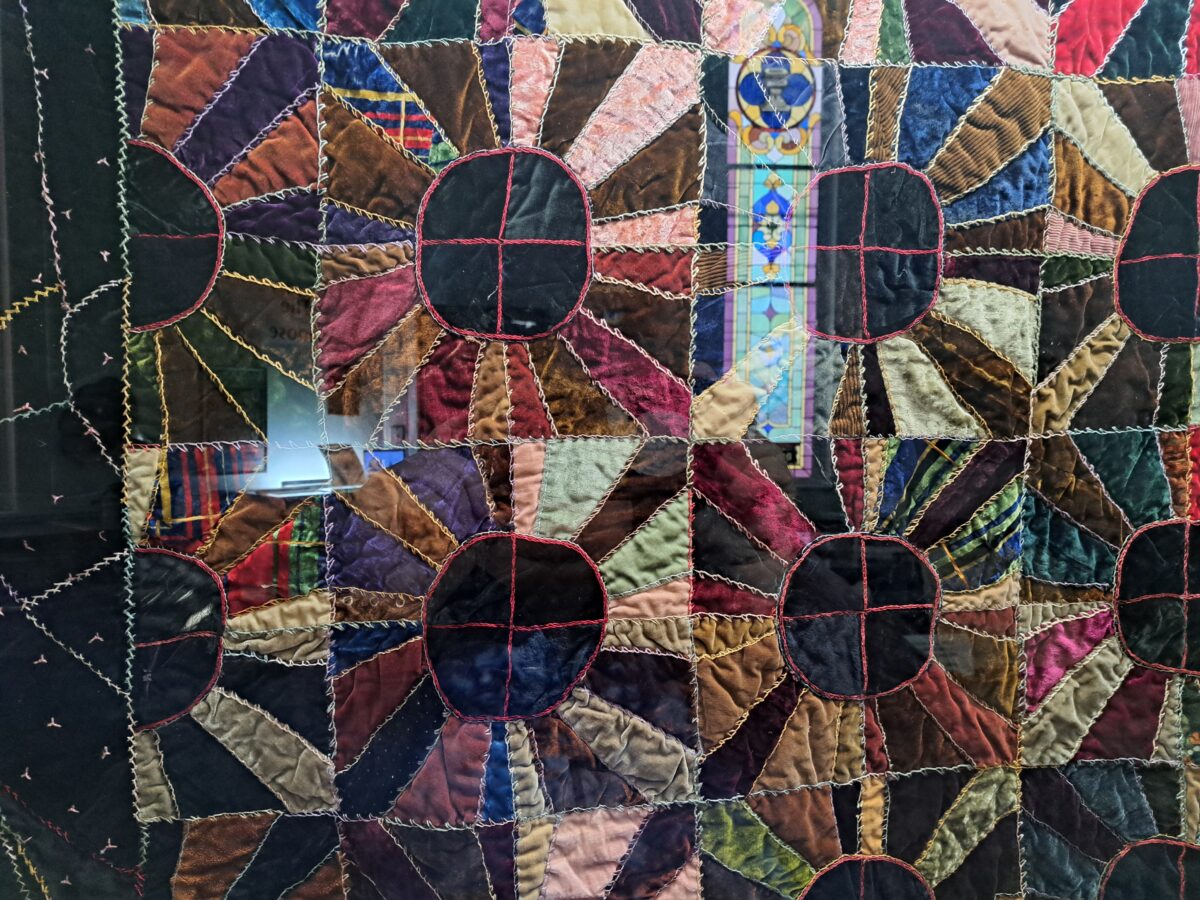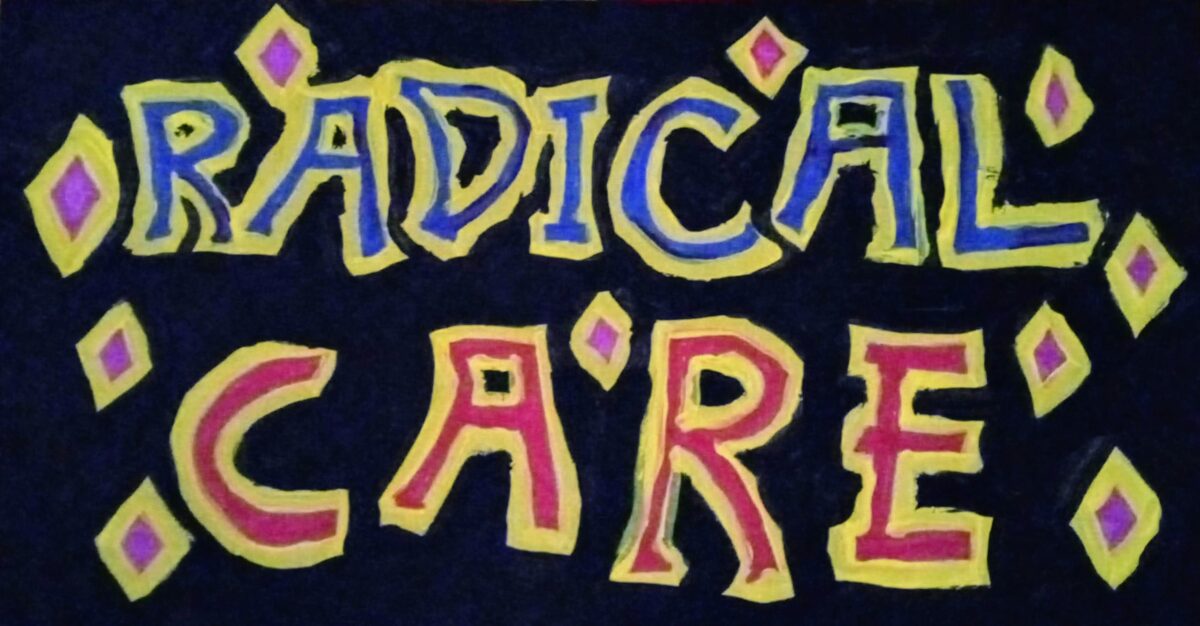Hello! How you doing? Ming and I found a stash of physical materials from back when the Las Vegas Radical Mental Health Collective met in person.
- sketchbook
- markers
- emotional first aid kit
- books
- zines
- swag stickers
- papers
There was a paper that lists some guidelines to Las Vegas Radical Mental Health Collective culture.
I like this list because it spells out values we mostly all had in common, but it’s good to be clear. Also it’s smart to specify how the stickers and zines are for donation, but it’s ok to just take them, if you don’t have a dollar or two.
Confidentiality is always good to mention, as people like to talk, and after a while we’re mostly friends. It’s good to differentiate meeting from regular life– stuff we hear in meeting should stay in meeting. It’s an extra vulnerable place.
It’s funny to see “kindness rules” and other phrases and vibes carried over from old, formative radical mental health meetings. Some are from Icarus days of yore.
Will we ever meet in person again? We’re spread all over the globe now, and zoom is ok for most of us. So Ming and I disperse the materials. If and when we meet in person again, new materials will be gathered.
guidelines to culture
thank you for being here.
- sharing is always optional. you can say “pass.”
- kindness rules. we’re here to build community and make a culture of care. please treat one another with love.
- please use I-messages, speak from your own experiences, and consider whether another person wants feedback on their share. when in doubt, ask.
- confidentiality–please keep shared info here. take the lesson with you to share, but don’t share names or personal details. thank you.
- zines and stickers are available by donation. if you don’t have one or two dollars, you can just take one. they’re a resource to use and share.
- please refrain from harshly judging anyone during the meeting. we’re pro-choice about meds and all of psychiatry. people need different things at different times. (you can judge harshly before and after the meeting.)
- step up, step back:
talkative people, please give conversational space to quiet people. quiet people, please feel free to speak up. we want to hear you.
- please see Safer Spaces policy for detail on dos and don’ts of behavior.
our events are free. thanks again for being here. hope to see you next time!
open source
Las Vegas Radical Mental Health Collective materials are open source. So please feel free to use these guidelines “as is” or adapt for your own projects.
peace, Laura-Marie


